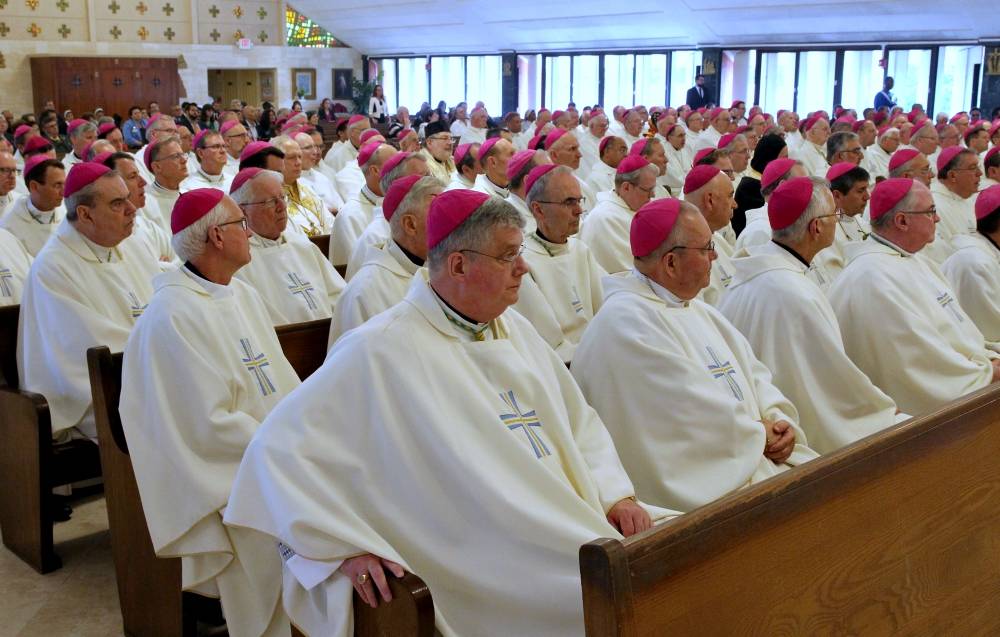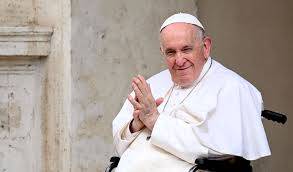THE HISTORY OF THE POPE'S PRESENCE
IN ROME: FROM THE AVIGNON PAPACY TO THE GREAT SCHISM AND BEYOND"
The Pope's presence in Rome dates back to the early days of Christianity. According to tradition, the Apostle Peter was the first bishop of Rome and the first Pope, appointed by Jesus Christ himself. Throughout the centuries, the Popes remained in Rome, building churches, establishing their authority, and playing a significant role in the political and cultural life of the city.
However, in the 14th century, a major
crisis arose when the Papacy was split between two Popes, one in Rome and one
in Avignon, France. This period, known as the Avignon Papacy, lasted from 1309
to 1377 and resulted in a decline in the prestige and authority of the Papacy.
The situation was resolved with the election of Pope Gregory XI, who chose to return to Rome in 1377. However, upon his death, the cardinals who gathered to elect a new Pope were under intense pressure from the Roman mob to choose an Italian Pope. This led to the election of Pope Urban VI, who proved to be a difficult and unpopular Pope.
In response to the turmoil and uncertainty
in Rome, a group of cardinals elected a rival Pope, Clement VII, who
established himself in Avignon. This led to the Great Schism, which lasted from
1378 to 1417, during which time there were two or even three rival Popes
claiming legitimacy.
The Schism was finally resolved by the Council of Constance, which elected Pope Martin V as the sole legitimate Pope in 1417. Martin V reestablished the Papacy in Rome and worked to restore the prestige and authority of the Papacy. Since then, the Popes have remained in Rome, playing a significant role in the cultural, political, and religious life of the city.
In summary, the Pope left Rome during the
Avignon Papacy and the Great Schism, when there were rival Popes claiming
legitimacy. However, the Papacy was eventually reestablished in Rome, and the
Popes have remained there ever since, playing a central role in the city's
history and culture.




No comments yet
Be the first to share your thoughts!